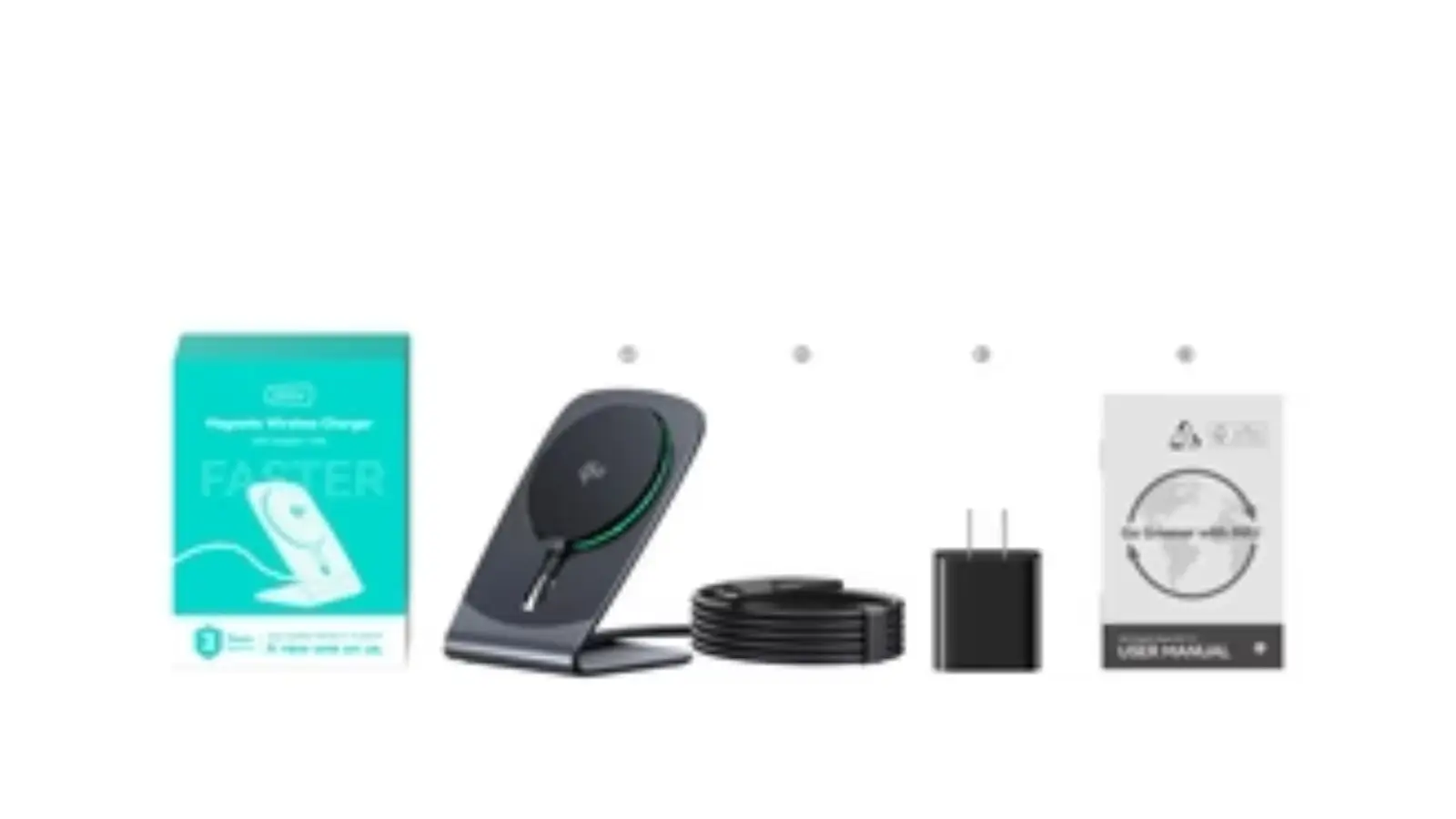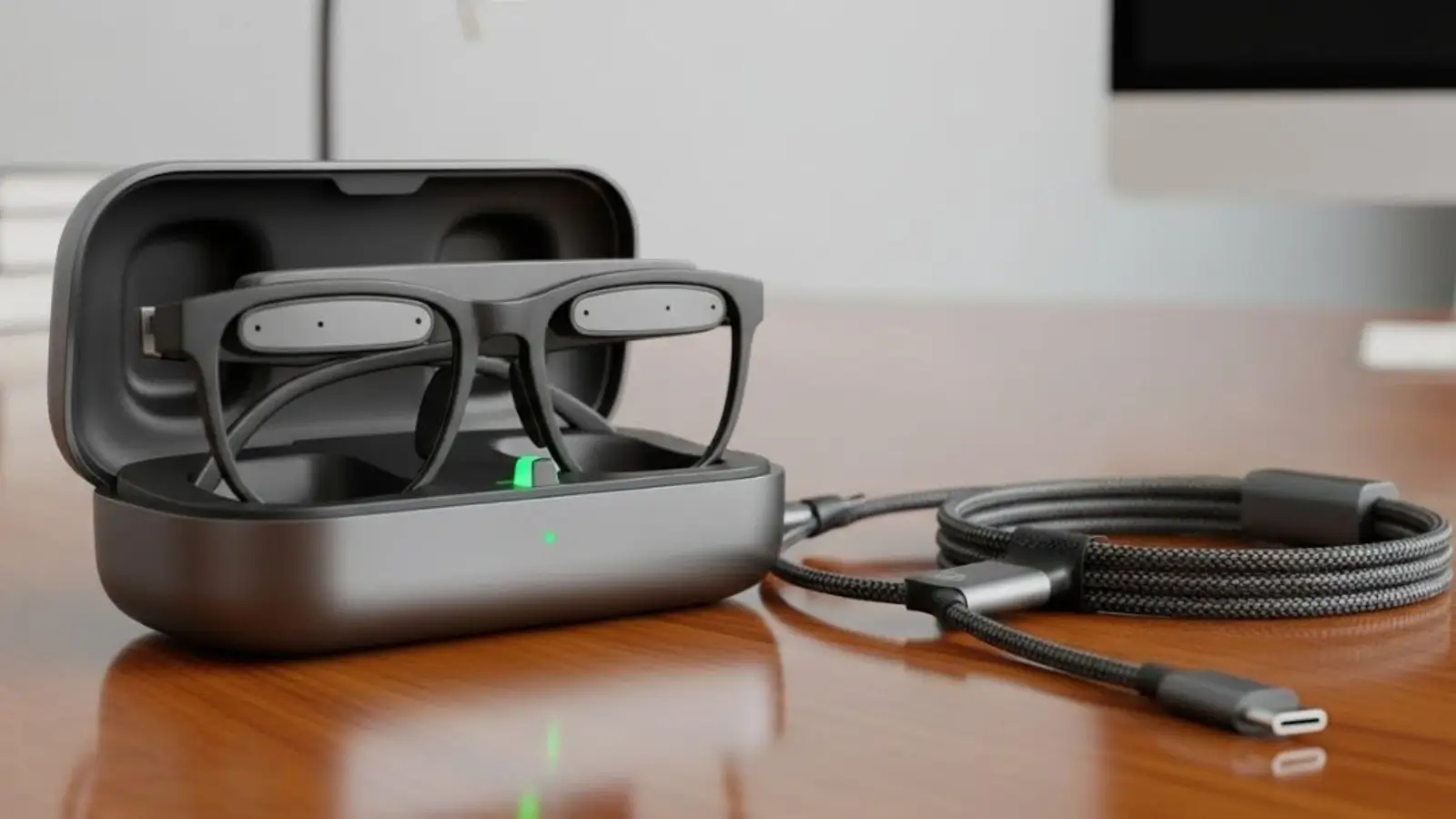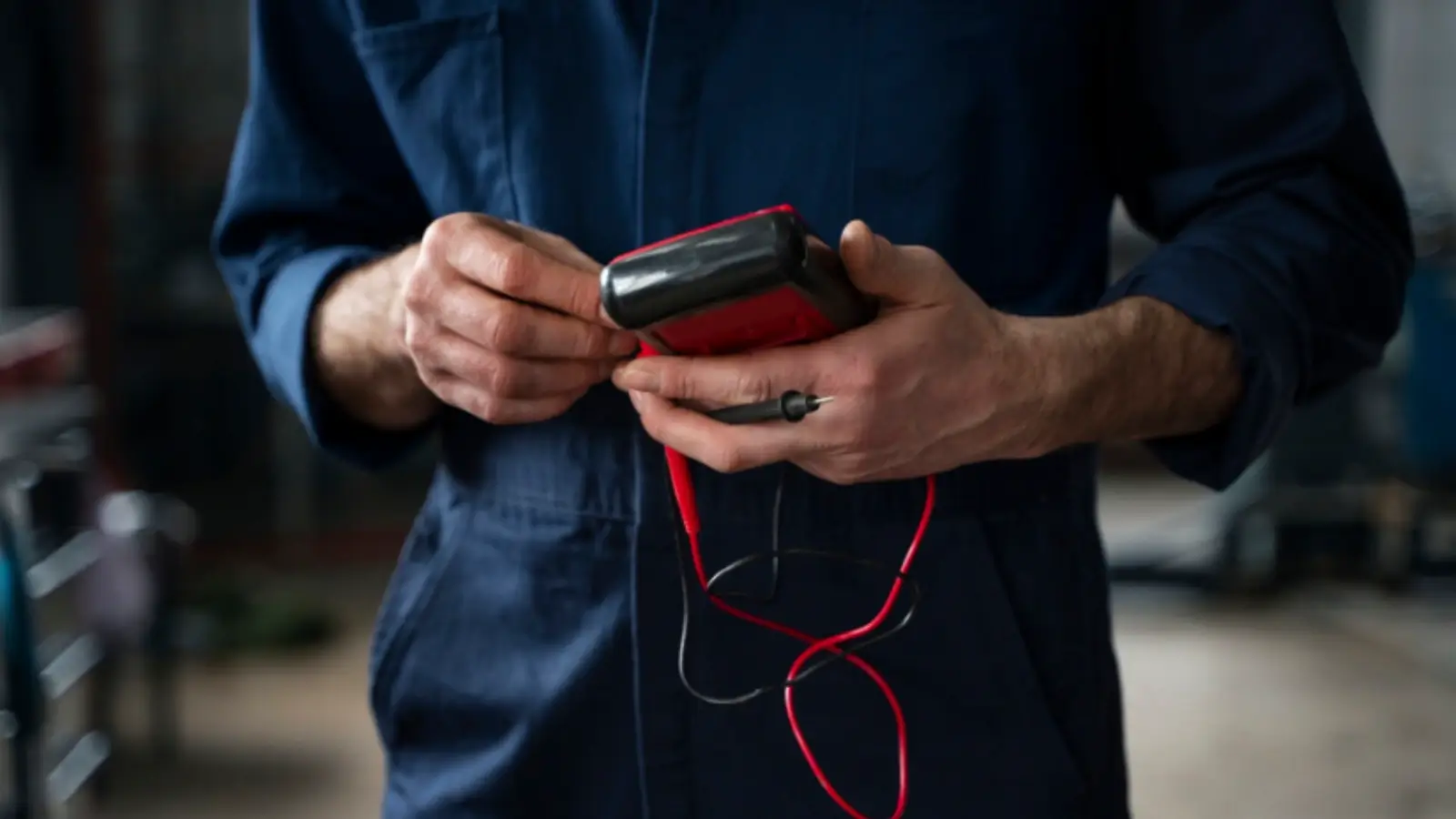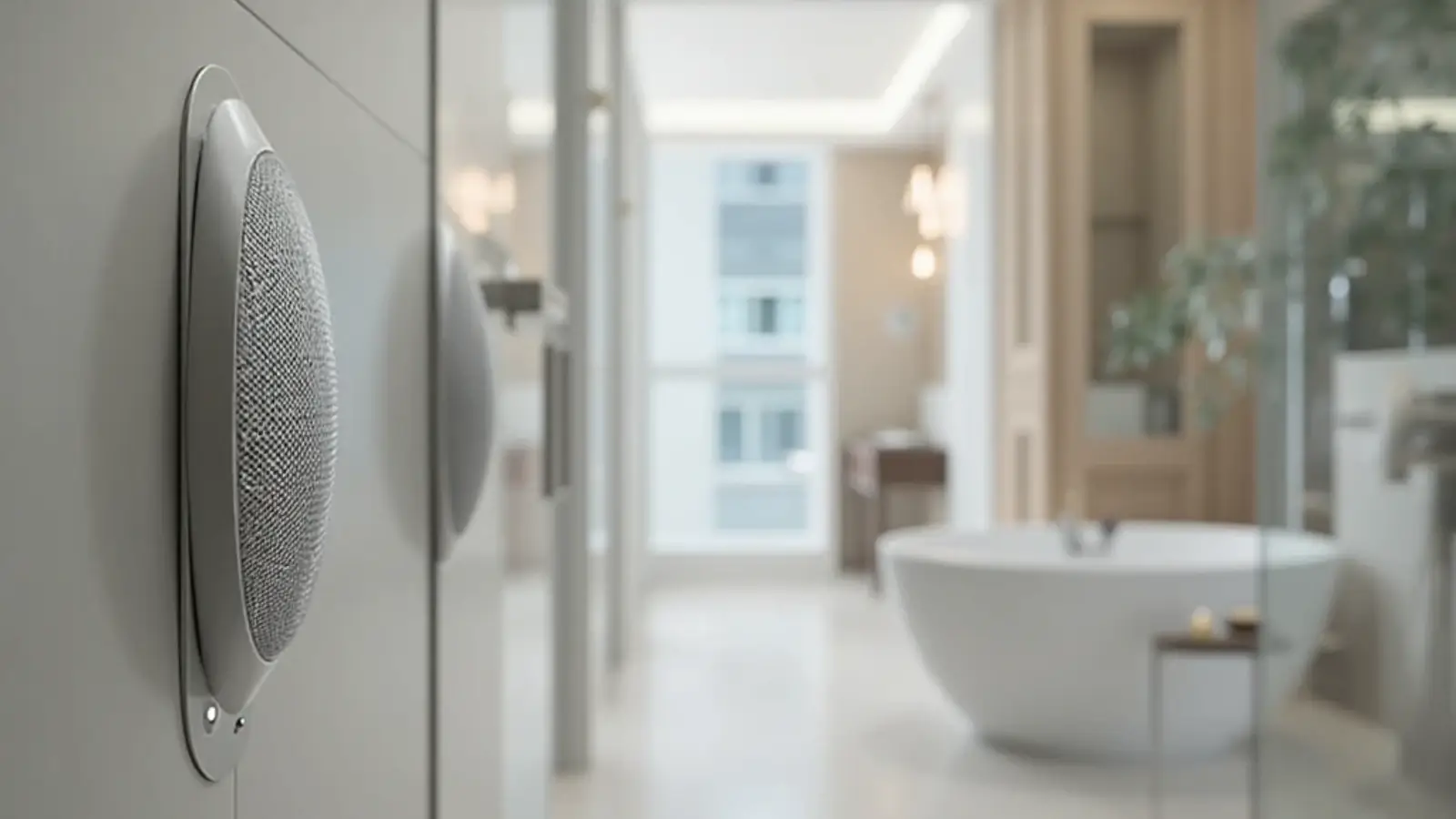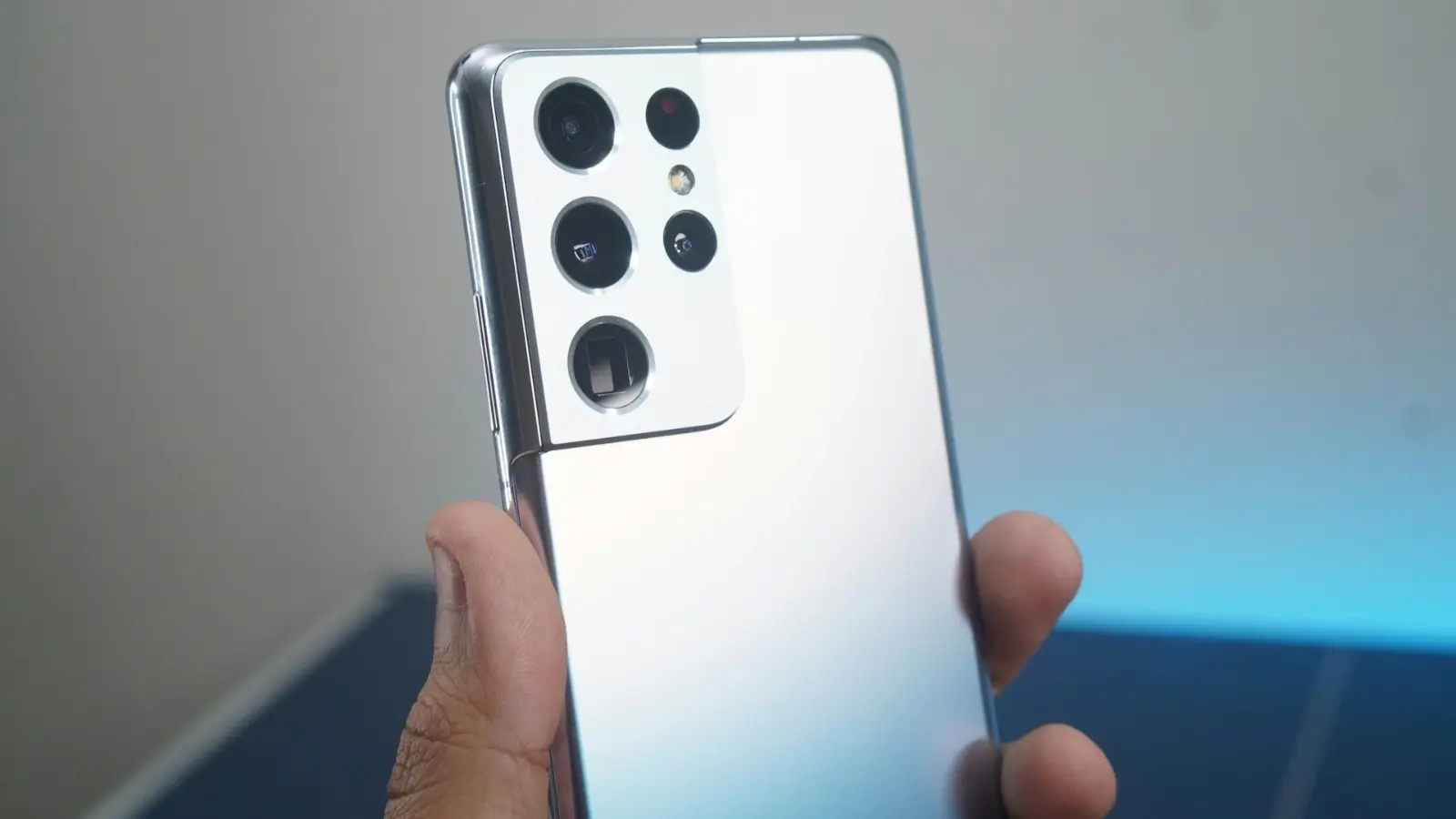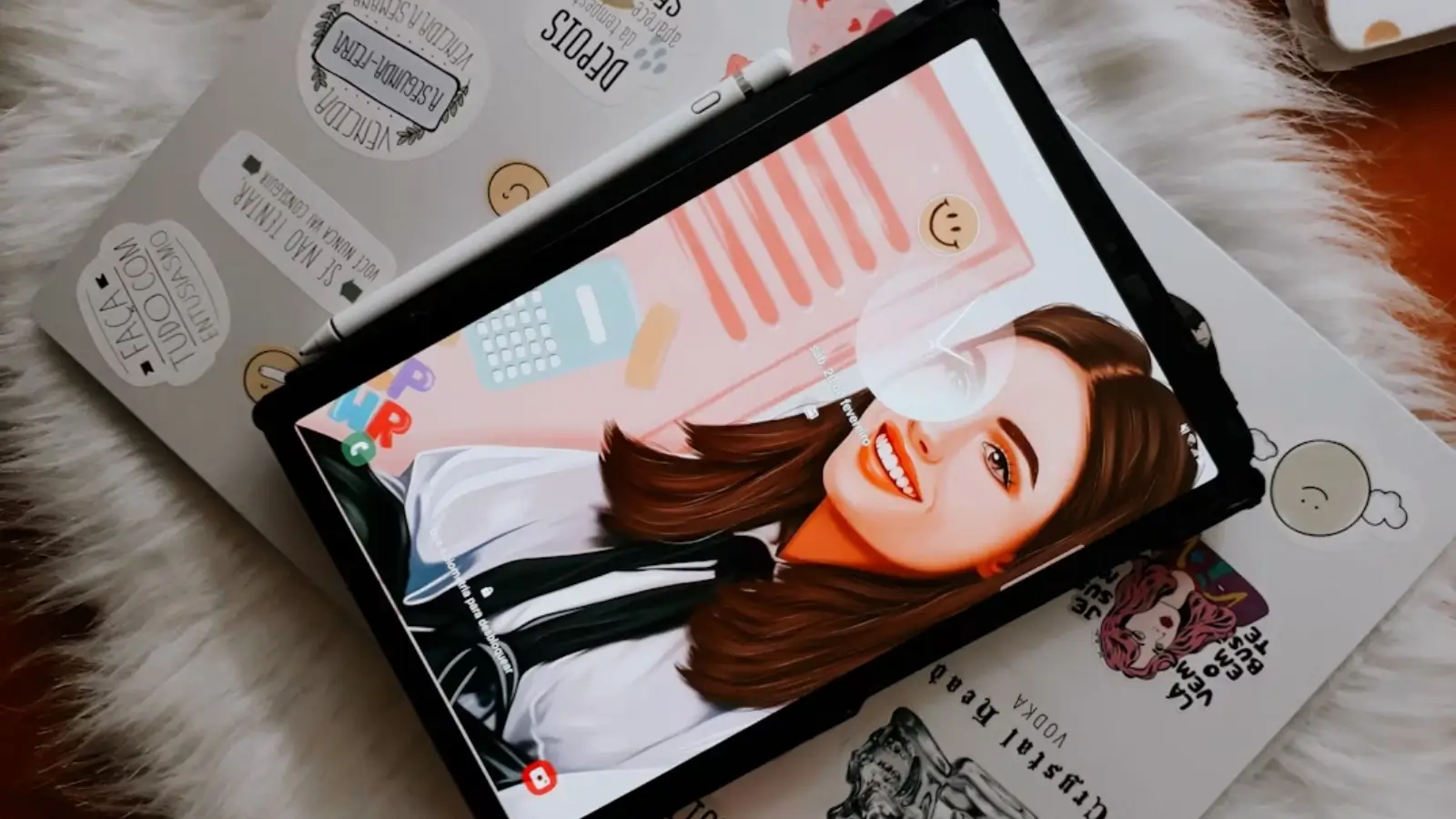You’re rushing to buy coffee, phone in one hand, keys in the other. Instead of digging through your wallet, you tap your iPhone at checkout—using a gift card stored in Apple Wallet. It’s fast, sleek, and feels futuristic. But in the back of your mind, a little voice whispers: "Is this actually safe? What if I lose my phone? Could someone drain my balance?"
Let’s be real: Your concerns are valid. We live in a world where adding a gift card to your Google or Apple Wallet could be digitally convenient. This isn’t about fearmongering—it’s about empowering you with clear, practical knowledge. We’ll break down Apple Wallet’s security layers, explore real risks (and how tiny habits neutralize them), and give you actionable steps to protect your money. No tech jargon, no sales pitch—just straight talk from one concerned user to another.
What Gift Cards can you add in Your Apple Wallet?
Think of Apple Wallet as your digital leather wallet—but smarter and far more secure. It’s not just for credit cards. You can store:
-
Retail Gift Cards: Starbucks, Target, Sephora, Apple Store.
-
Prepaid Visa/Mastercard Gift Cards: The plastic ones you get as gifts.
-
Loyalty & Membership Cards: Grocery store points, gym IDs, library cards.
-
Boarding Passes & Event Tickets: Airlines, concert venues, movie theatres.
Apple Wallet’s Security Armor: 3 Layers Protecting Your Money
Apple doesn’t cut corners on security. Your gift cards on Apple Wallet are shielded by design. Here's how:
Encryption & Tokenization
Here’s what happens: When you add a gift card, Apple never stores your actual card number on your device or its servers. Instead, it creates a unique, random code called a "token."
-
Why it matters: This token acts like a digital stand-in. Even if someone intercepts data during a transaction, they only get this useless token not your real card details. It’s like giving a thief a fake key to a vault.
-
The Big Win: Merchants only see the token. Your sensitive info stays locked down.
-
Biometric Lock & Key: Your Face or Finger is the Gatekeeper
-
The Requirement: Opening Apple Wallet demands Face ID or Touch ID. Every. Single. Time.
-
The Power: No fingerprint match or face scan? No access to your cards. Period. This is a massive leap beyond a simple 4-digit PIN (which someone might guess or shoulder-surf).
-
Real-Life Shield: If your phone is snatched, your biometrics create an instant barrier thieves can’t easily bypass.
Device Tethering: Your Gift Cards are Glued to Your iPhone
-
The Design: Gift cards added to Apple Wallet are cryptographically tied to your specific device and your Apple ID.
-
The Security Benefit: If your phone is lost or stolen, those cards cannot be magically transferred to another device. Even if someone guesses your passcode, they can’t access your Wallet balance on their phone. Compare this to a physical gift card floating around in the world—once it’s gone, anyone can spend it.
-
Potential Risks: Understanding the (Manageable) Downsides. No system is 100% invincible.
Why People Trust Apple Wallet (It's Not Blind Faith)
The confidence isn't just hype. It's built on:
-
Apple's Privacy-First Stance: Apple famously positions itself as a privacy company. Its business model doesn't rely on selling your purchase data. Wallet transactions are designed to be private.
-
Proven Security Architecture: The layers of encryption, tokenization, biometrics, and secure hardware (the "Secure Enclave" chip) are industry-leading and constantly audited.
-
User Experience & Control: Features like instant remote locking via Find My put power back in your hands when things go wrong.
-
Real User Confidence: Surveys back this up. A 2024 Juniper Research study found over 92% of digital wallet users felt "secure" or "very secure" using them for payments, citing biometrics and encryption as key reasons. Testimonials echo this: "I lost my phone on the subway. Panicked, I used my friend's iPad to lock it with Find My within minutes. Knowing my gift cards and credit cards were locked down instantly was a huge relief." – Mark T., Chicago.
-
The Convenience/Security Balance: Apple generally gets this right. Security measures are robust but don't make using Wallet a chore.
The Verdict: So, Is It Actually Safe?
Yes, Apple Wallet is a remarkably safe place for your gift cards—if you partner with it.
Could something go wrong? Technically, yes, primarily through:
-
Loss/Theft + You failing to use Find My/strong passcodes.
-
Falling for a sophisticated phishing scam.
-
Running critically outdated, vulnerable software.
But compared to physical gift cards? Digital cards in Apple Wallet are objectively more secure against the most common threats: loss, theft, counterfeiting, and skimming. The risks that remain are largely within your control to mitigate with basic digital hygiene.
Final Recommendation
For most users comfortable with smartphones, storing gift cards in Apple Wallet is not only safe but often safer than carrying physical cards. Embrace the convenience confidently, but never carelessly. Lock your digital doors.










